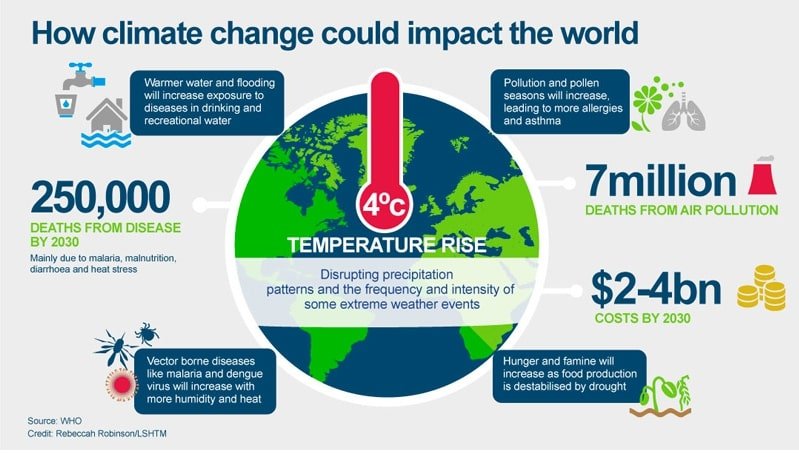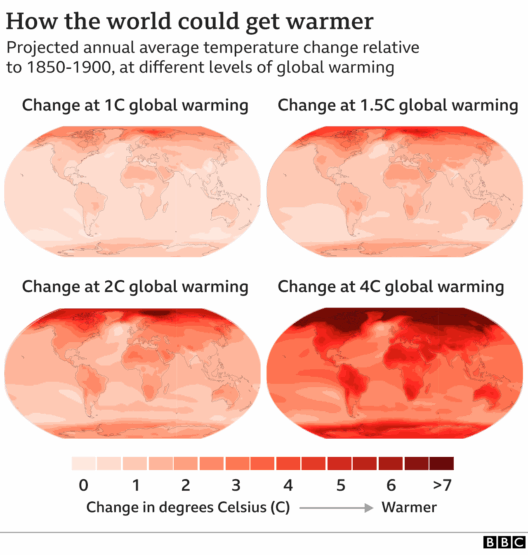Global warming is an existential threat that looms over our planet, necessitating an urgent response from individuals, communities, and governments alike. The alarming trajectory of rising temperatures, shrinking ice caps, and erratic weather patterns illustrates that the time for action is now. However, the scales of change can tip significantly with actionable steps that foster not just awareness, but also empowerment. This essay delves into a myriad of pragmatic strategies that can catalyze a substantial reduction in greenhouse gas emissions, leading us toward a sustainable future.
Understanding Individual Responsibility
Change begins at the individual level. By understanding personal consumption patterns and their planetary impact, we can make conscious decisions that contribute positively to the environment. Consider maintaining a carbon diary to track your energy consumption, transportation habits, and waste production. Such self-awareness can pave the way for more sustainable choices, like minimizing meat consumption, reducing air travel, and conserving water. Each small action compounds, producing a collective ecological benefit.
Embracing Renewable Energy
Transitioning to renewable energy is pivotal in combating global warming. Solar, wind, and hydroelectric power significantly reduce reliance on fossil fuels. Homeowners can invest in solar panels, which not only decrease energy bills but also diminish carbon footprints. Additionally, advocating for local governments to prioritize renewable infrastructure development can facilitate broader systemic changes. The widespread adoption of green technologies is imperative for creating a sustainable energy grid that underpins a climate-resilient society.
Transforming Transportation
Transportation is a major contributor to greenhouse gas emissions. Adopting sustainable transportation methods can yield significant reductions in carbon output. Carpooling, utilizing public transport, cycling, or walking not only mitigates emissions but also promotes healthier lifestyles. Furthermore, engaging with policy advocacy groups to influence city planning towards pedestrian-friendly and bicycle-friendly infrastructures can catalyze a cultural shift towards sustainable transport. Supporting electric vehicle development and charging infrastructure is also critical; it enables cleaner alternatives to traditional gasoline-powered cars.
Advocating for Sustainable Practices
In our modern world, corporations wield substantial influence over environmental practices. It is crucial for consumers to advocate for businesses that demonstrate sustainability. Opting for products made with eco-friendly materials, and supporting companies with transparent supply chains, can help drive market forces toward accountability. Moreover, participating in shareholder activism or holding companies accountable through petitions and campaigns can incite corporate responsibility toward sustainable operations.
Revolutionizing Waste Management
The profound issue of waste generation contributes significantly to global warming. A conscientious reduction, reuse, and recycling mantra can yield monumental benefits. Individuals should strive to minimize single-use plastics, opting instead for biodegradable or recyclable products. Furthermore, composting organic waste can enrich soil while decreasing methane emissions from landfills. Communities can implement rigorous recycling programs and encourage local initiatives that focus on waste reduction education, thereby fostering an environment where waste is regarded as a resource.
Cultivating Carbon Sequestration
A less discussed but equally vital mechanism in controlling global warming is carbon sequestration—capturing and storing atmospheric carbon dioxide. Afforestation and reforestation efforts stand at the forefront of these endeavors. Planting trees not only absorbs CO2 but also restores ecosystems. Individuals can engage in local planting initiatives or support organizations dedicated to reforesting efforts. Urban environments, too, can be transformed by integrating green spaces, leading to improved air quality and greater biodiversity.
Engaging in Education and Advocacy
Education serves as a powerful catalyst for change. Sharing knowledge about climate science and advocacy—through social media, workshops, or community forums—raises awareness and mobilizes collective action. Supporting educational curriculums that focus on climate literacy equips future generations with the tools necessary to address environmental challenges. Moreover, galvanizing public support for climate-friendly legislation is crucial. This can be achieved by contacting local representatives, signing petitions, or participating in climate marches, all of which amplify the urgency of the climate crisis.
Investing in Research and Innovation
Investment in climate research and innovation is paramount. Individuals can advocate for funding towards climate science that focuses on discovering new technologies for emission reductions, alternative materials, and advanced agricultural practices that lessen environmental impacts. Support for clean technology startups or innovations that promise substantial changes can propel the movement toward a sustainable future. Collaborative efforts between governments, academia, and private sectors can spearhead transformative solutions that combat climate change effectively.
Participating in Policy Dialogue
Global warming cannot be effectively addressed without impactful policies. Engaging in policy dialogues at both local and national levels is essential for catalyzing systemic changes that underpin sustainable practices. This involves advocating for stricter environmental regulations, supporting renewable energy incentives, and fostering transparency regarding emissions data. Individuals can engage with local governments, attend town hall meetings, and participate in broader discussions about climate policy, ensuring that the conversation remains active and centered on concrete solutions.
The Power of Collective Action
Ultimately, tackling global warming necessitates a collective approach. When individuals unite, they comprise a formidable force capable of influencing change. Grassroots movements, community organizing, and collaborative initiatives can bring together diverse perspectives, unify goals, and strengthen advocacy for sustainable practices. The interconnectedness of societal roles underscores that while personal choices are crucial, the amalgamation of these choices can lead to transformative change across the globe.
In conclusion, controlling global warming is not merely a distant ambition; it demands immediate and persistent actions. By embracing individual responsibility, fostering renewable energy use, transforming transportation, advocating for sustainable practices, revolutionizing waste management, cultivating carbon sequestration, engaging in education and advocacy, investing in research and innovation, participating in policy dialogue, and leveraging the power of collective action, we can create a pivotal shift toward a sustainable future. The time for deliberation has passed; it is now time to act decisively and resolutely.






